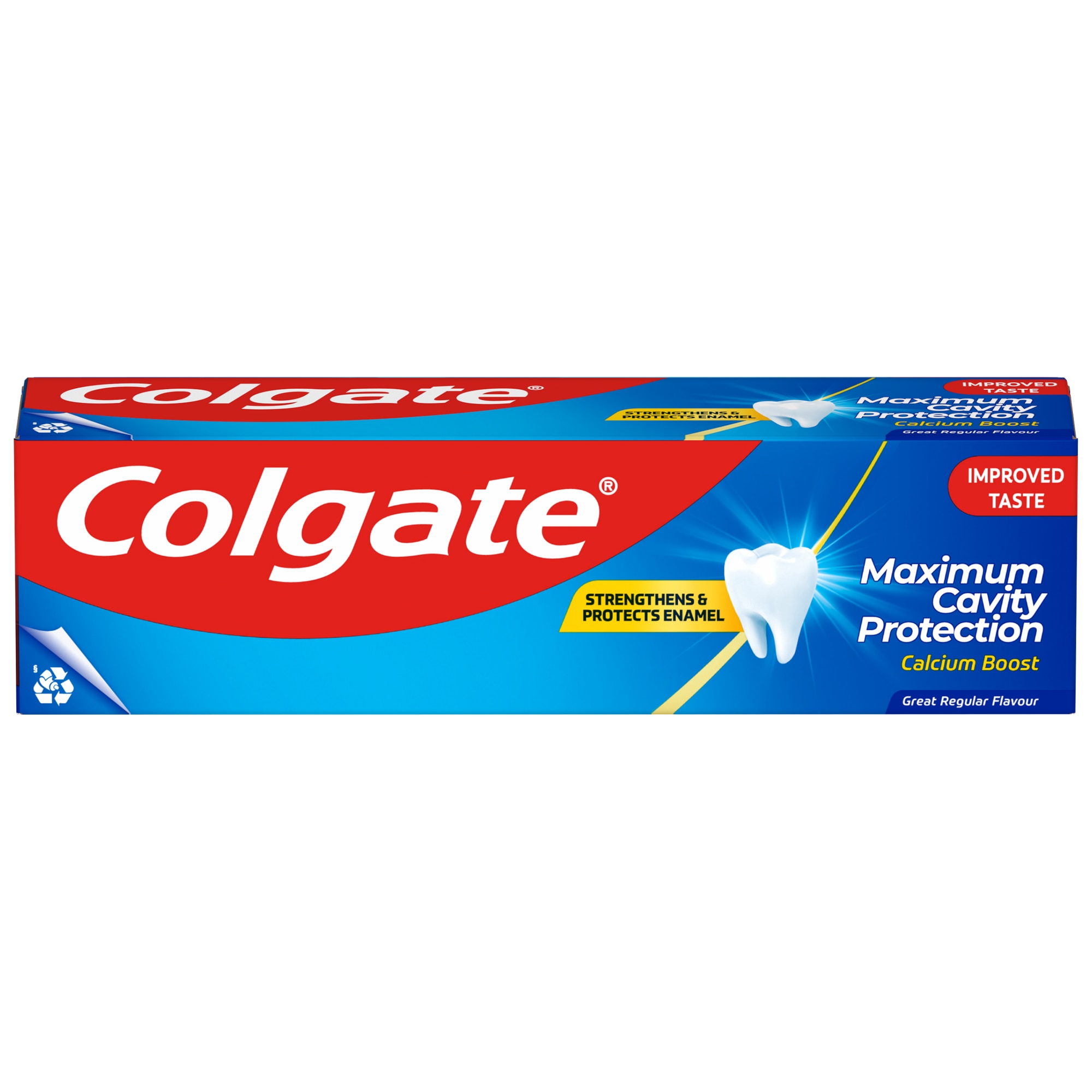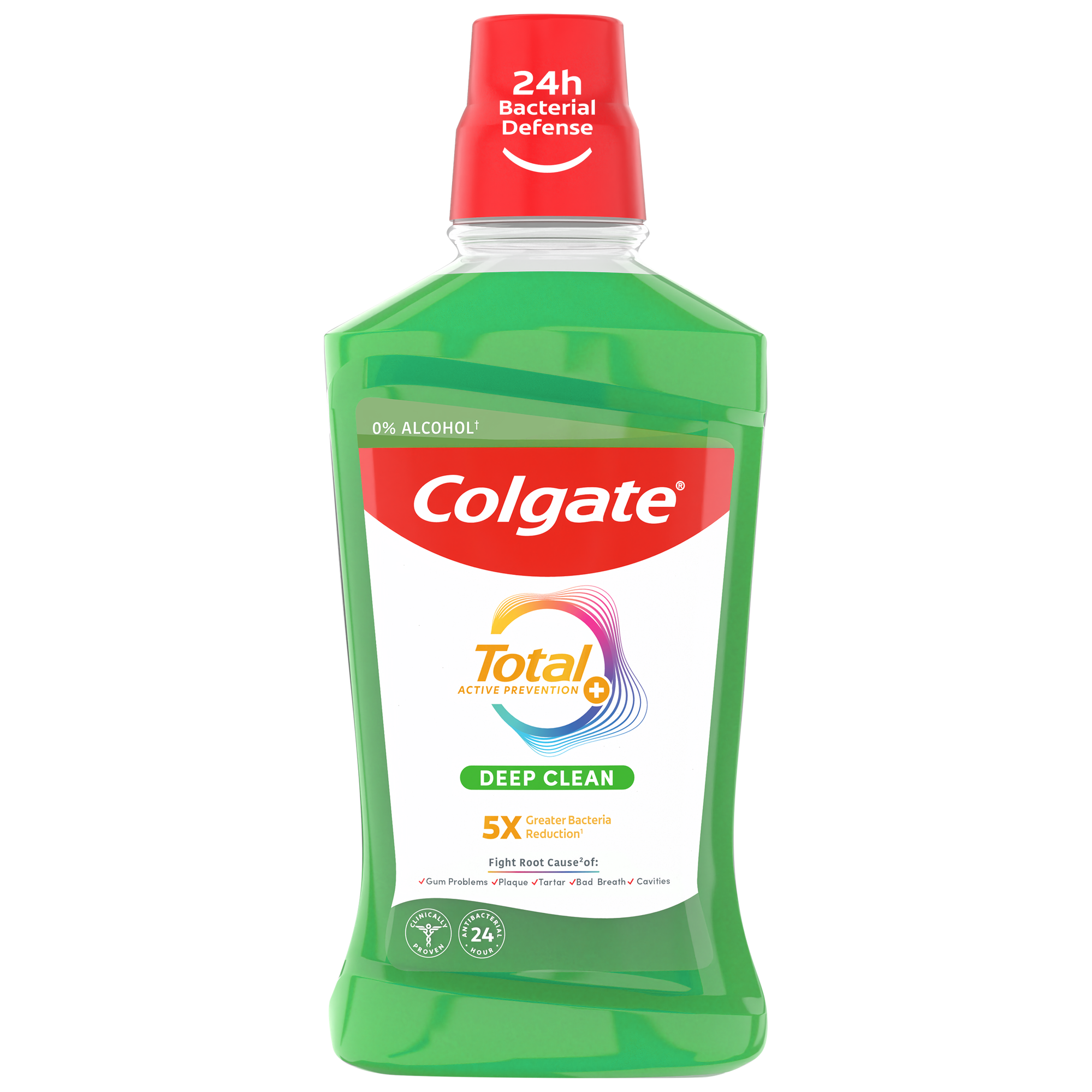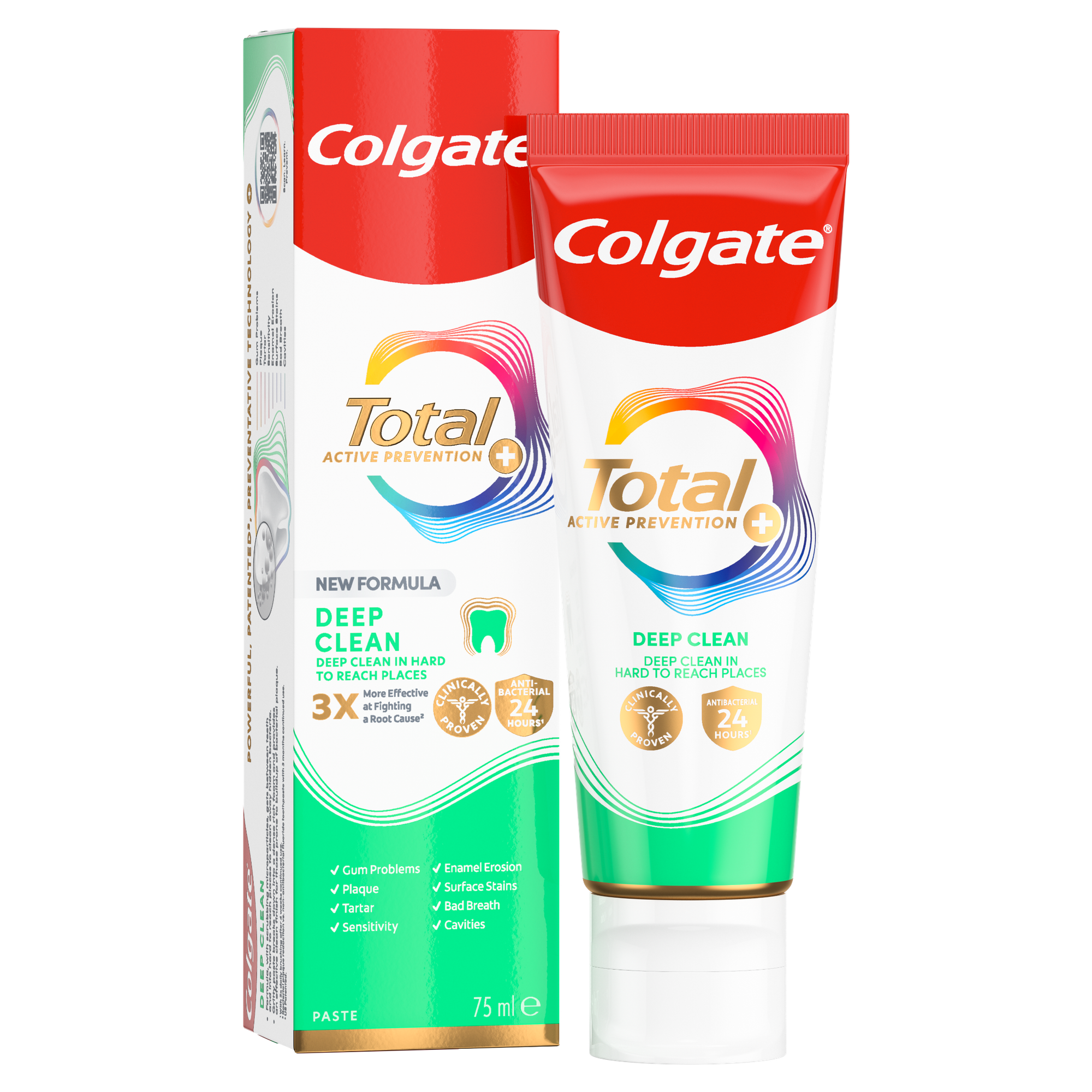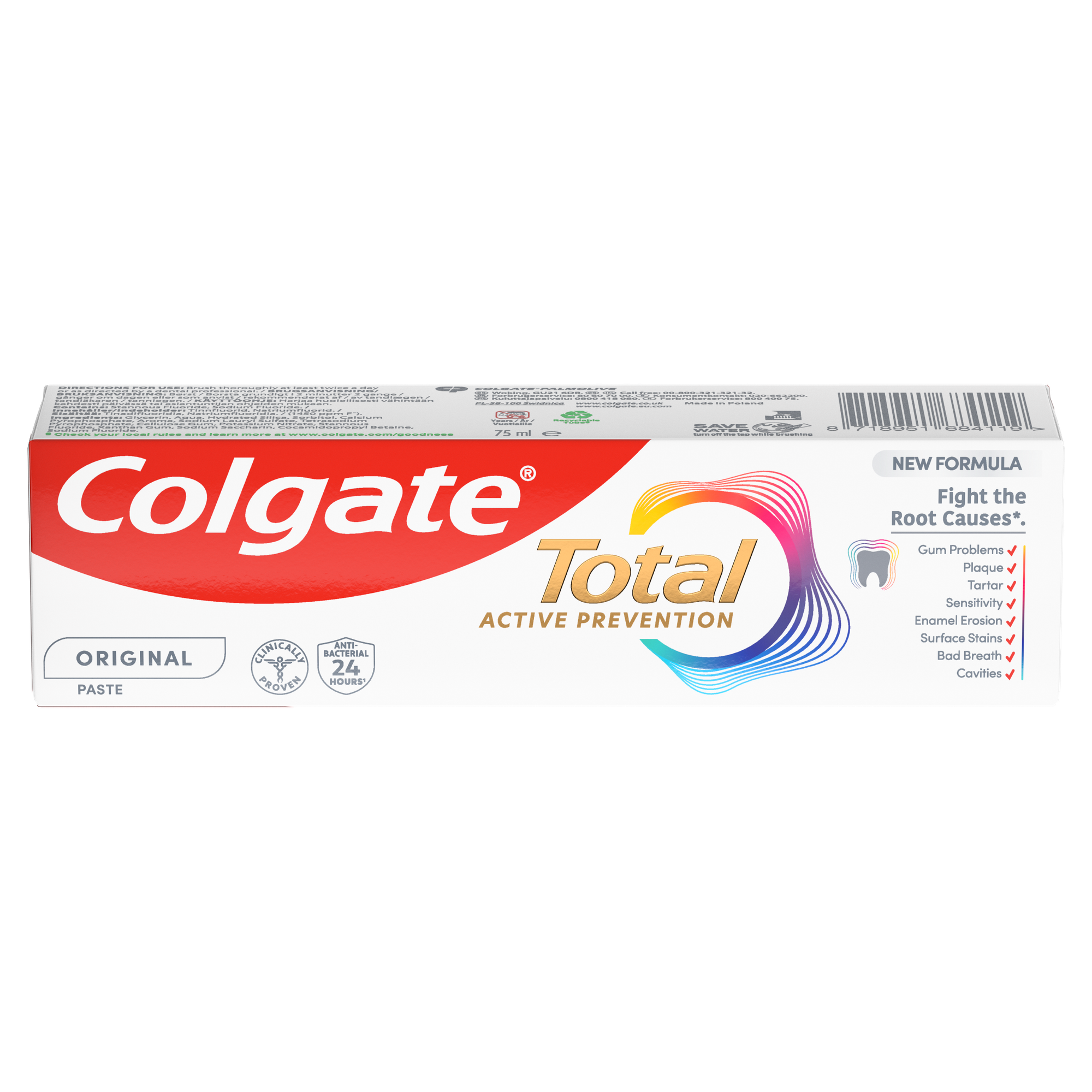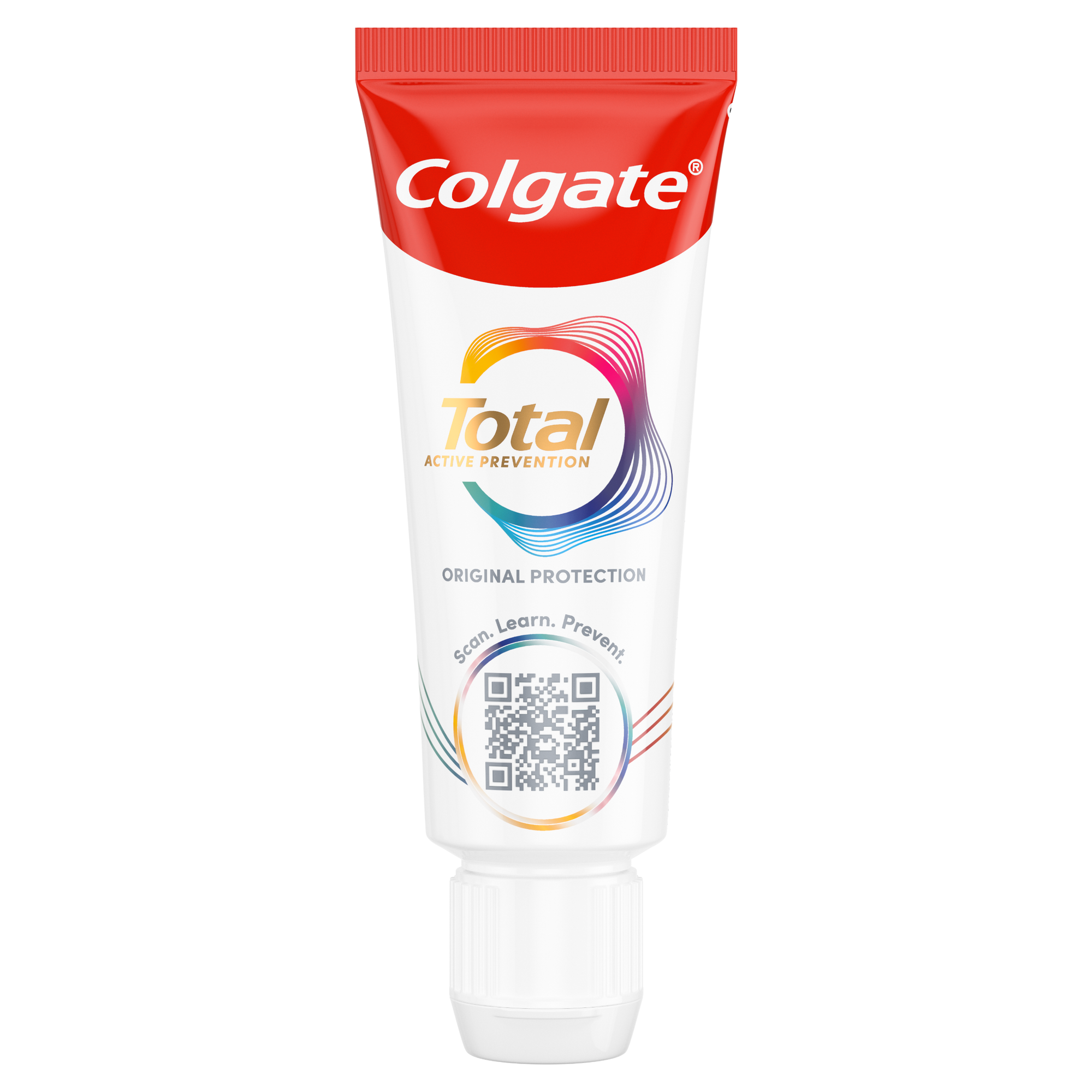- Colgate® | Toothpaste, Toothbrushes & Oral Care Resources
- Oral Health
- What is Plaque?


Plaque is a sticky, colorless film of bacteria and sugars that constantly forms on our teeth. It is the main cause of cavities and gum disease, and can harden into tartar if not removed daily.
How Do I Know if I Have Plaque?
Everyone develops plaque - bacteria are constantly forming in our mouths. These bacteria use ingredients found in our diet and saliva to grow. Plaque causes cavities when the acids from plaque attack teeth after eating. With repeated acid attacks, the tooth enamel can break down and a cavity may form. Plaque that is not removed can also irritate the gums around your teeth, leading to gingivitis (red, swollen, bleeding gums), periodontal disease and tooth loss.
How Can I Prevent Plaque Build-up?
It's easy to prevent plaque buildup with proper care. Make sure to:
- Brush thoroughly at least twice a day to remove plaque from all surfaces of your teeth
- Floss daily to remove plaque from between your teeth and under your gumline, where your toothbrush may not reach
- Limit sugary or starchy foods, especially sticky snacks
- Schedule regular dental visits for professional cleanings and dental examinations
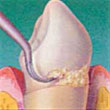 |
During scaling, plaque and tartar are removed from the crown and root of the tooth. |
This article is intended to promote understanding of and knowledge about general oral health topics. It is not intended to be a substitute for professional advice, diagnosis or treatment. Always seek the advice of your dentist or other qualified healthcare provider with any questions you may have regarding a medical condition or treatment.
Related Products
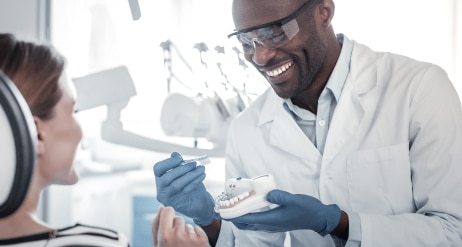
Helping dental professionals
More professionals across the world trust Colgate. Find resources, products, and information to give your patients a healthier future

